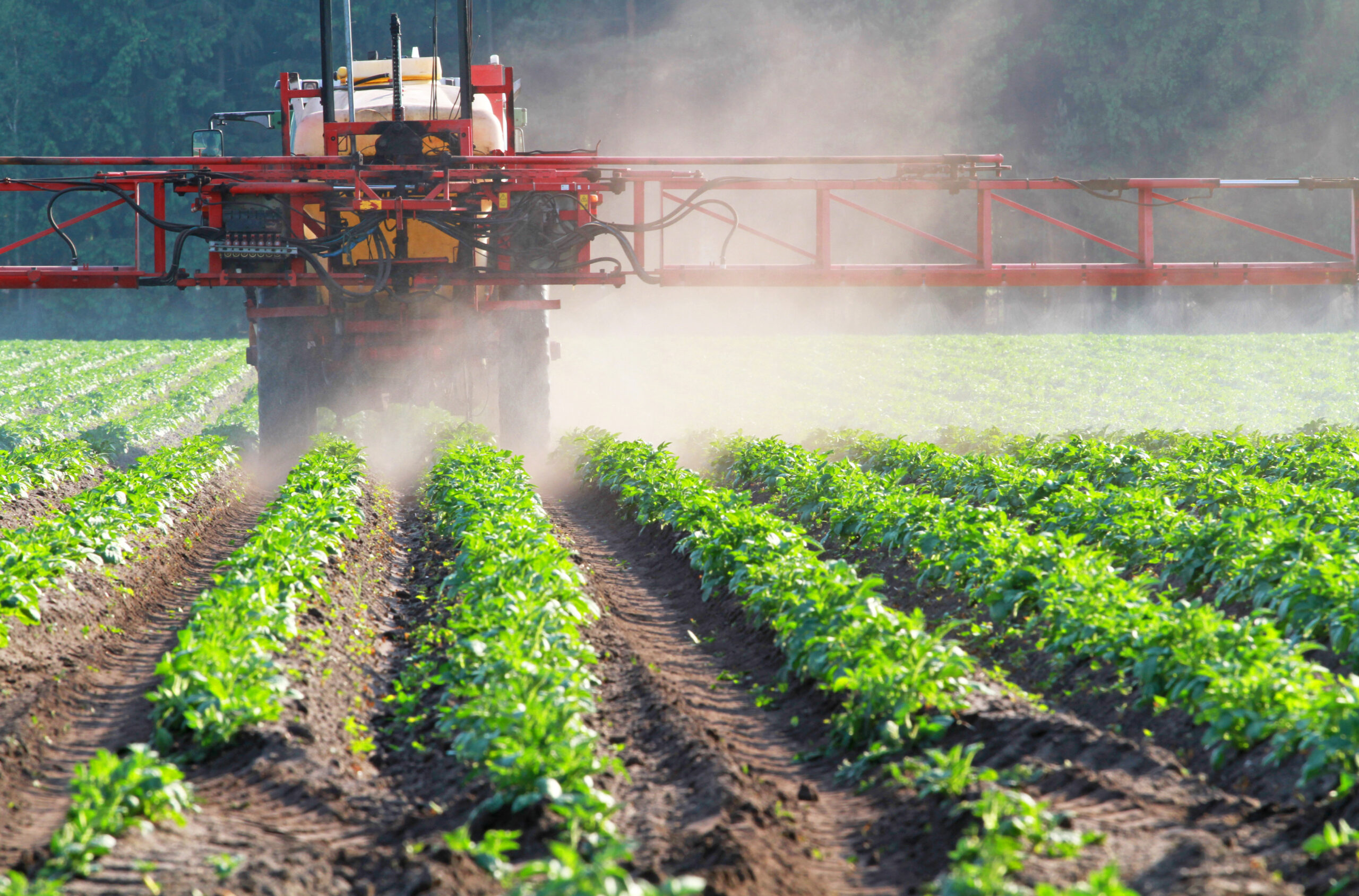Pesticides aren’t necessary to feed the world


According to UN food and pollution experts the idea that pesticides are necessary to feed the world’s growing population is a myth.
“It’s a myth,” told The Guardian Hilala Elver, the UN’s special rapporteur on the right to food. “Using more pesticides is nothing to do with getting rid of hunger. According to the UN Food and Agriculture Organization (FAO), we are able to feed 9 billion people today. Production is definitely increasing, but the problem is poverty, inequality and distribution.”
Also a report presented to the UN Human Rights Council shows that “without or with minimal use of toxic chemicals, it is possible to produce healthier, nutrient-rich food, with higher yields in the longer term, without polluting and exhausting environmental resources.”
Pesticides have “catastrophic impacts on the environment, human health and society as a whole.” For example, they are responsible for an estimated 200,000 deaths a year from acute poisoning, 99% of which occur in developing countries. But now is time to “create a global process to transition toward safer and healthier food and agricultural production,” said its authors.
More so, “while scientific research confirms the adverse effects of pesticides, proving a definitive link between exposure and human diseases or conditions or harm to the ecosystem presents a considerable challenge. This challenge has been exacerbated by a systematic denial, fueled by the pesticide and agro-industry, of the magnitude of the damage inflicted by these chemicals, and aggressive, unethical marketing tactics.”
The report also found only 35% of developing countries have q regulatory regime for pesticides and even if a pesticide is banned from use in one country it can still be produced for export.
They concluded existing instruments aren’t enough to address the use of hazardous pesticides and that they should confront these inadequacies on the basis of human rights mechanisms.
“The international community must work on a comprehensive, binding treaty to regulate hazardous pesticides throughout their life cycle, taking IGNORE INTO account human rights principles”
For example, such instruments should aim to remove existing double standards among countries that are particularly detrimental to countries with weaker regulatory systems or generate policies to reduce pesticide use worldwide and develop a framework for the banning and phasing-out of highly hazardous pesticides.
Latin American Post





